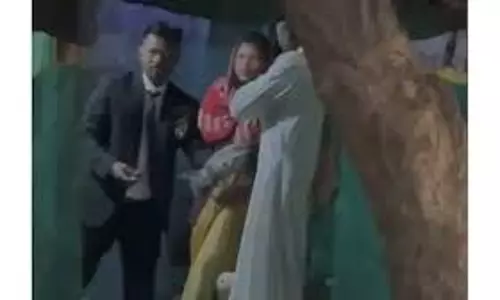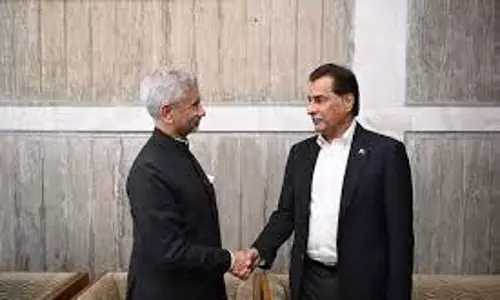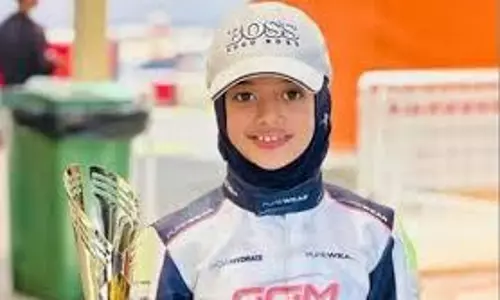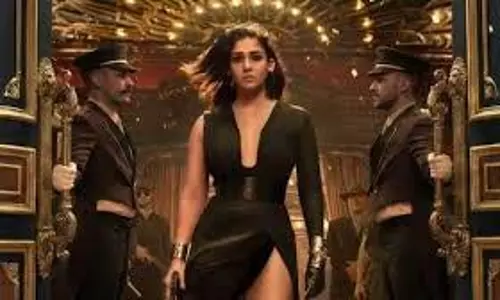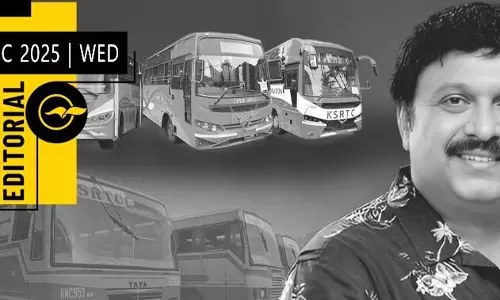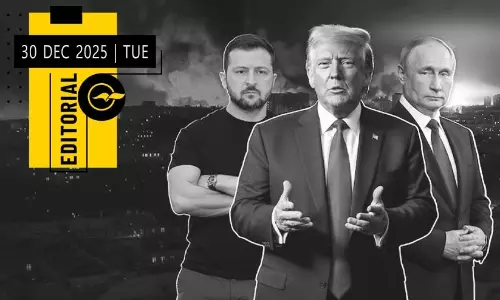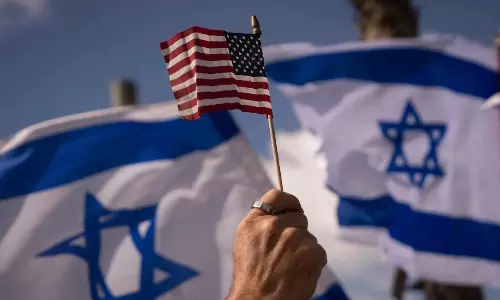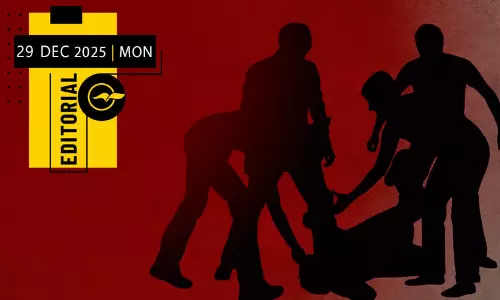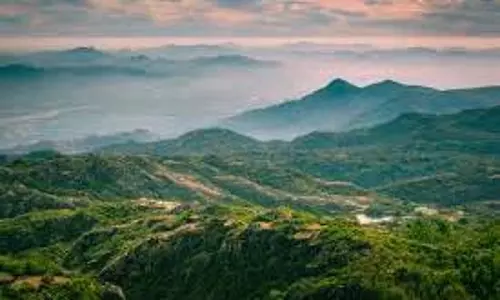

Capturing and narrating the lives of women in Kashmir
text_fieldsWhen Masrat Zahra, the first female photojournalist in Kashmir, turned her cameras to the streets, she not only faced severe obstructions from her family and society but was aware of the danger that would come along with the decision. Since her first project when she captured the wife and children of a civilian shot dead by armed forces, Masrat has been covering the widows of the conflict, the women in the resistance, the women victims of pellet attacks, the mental health crisis of the women in Kashmir and the growing political awareness amongst Kashmiri women.
Masrat Zahra is the recipient of the prestigious Peter Mackler Award 2020 and Anja Neidringhaus Courage in Photojournalism Award presented by The International Women's Media Foundation.
The following are excerpts from her conversation with Madhyamam on being a woman capturing and narrating the lives of the women of Kashmir.
Several taboos exist in the society that pulls back women from working as journalists in the field. But a few like you have overcome those and achieved incredible feats. What do you think are the impediments a woman journalist in Kashmir faces from the armed forces and society?
For a woman taking up journalism as her career, the very first struggle starts from the family itself. As for myself, the struggle was there from the beginning. My family was anxious about me and did not approve of me working in the field. They were afraid and were questioned by society for the same. The people around asked how they can send a woman to the forefront of conflicts, to cover gunfights and funerals, where one finds it difficult to save their life? My family at first restricted me from continuing the job, and they even snatched my camera. Obviously, it is difficult for a visual storyteller to put yourself in danger while everyone struggles to find a safer side.
And then you have to constantly strive against frequent interrogations and intimidations from the forces and police. Before a few days, an FIR was charged against a journalist for reporting against the army alleging security issues with the piece. They never want anyone to bring out the truths in Kashmir.
It would be risky for a woman journalist field reporting in a highly sensitive conflict zone… What are the disparities in the ways the forces treat male and female journalists?
As a female photojournalist, sometimes I feel privileged of being considered and a hope that they won't abuse you all at once. But some days I have confronted dire intimidations and harassments too. I have been questioned several times. They threatened not to give back my camera if I don't delete the footage. One day while I was covering a stone pelting, the station house officer stopped me from covering it and asked to show my ID card and leave the place.
How do people respond to journalists during conflicts?
You cannot always expect people to cope with what they have been facing all along. The injustice would make them indifferent to the journalists around. They find media and journalists working for the government, manipulating the truths, concealing and fabricating it. They are angry and frustrated at this, and sometimes they don't cooperate with you.
They cannot always distinguish who is an outsider working for the government sources or the insider, standing with the truth on their side. Then you have to understand that you haven't gained their trust.
Why do you think it is necessary to tell women's stories in Kashmir from a female perspective?
I want to bring out more stories of women in Kashmir and how the conflicts affect them. Photojournalism has been a male-dominated arena, and there are no stories told from a female perspective. Moreover, the women will be more comfortable speaking with women themselves about the various issues and mental conflicts they have to face, and it is our responsibility to carry that story to the world. With privilege comes responsibility.
Being a journalist at the fore, witnessing violence and grave circumstances, how is your mental health?
You get depressed when you see a mother wailing for her son, the wounds on your people, the pellet victims and bloodshed frequently. When I come back home after covering a gunfight or a grenade blast, I prefer to sit in my room alone and edit the contents. I have to see those again and again, and it is like being traumatized again. My sleep cycle has changed; quite confused about what's happening to myself. When I was charged with UAPA, I had nightmares that someone is stalking me and if they would harass my family. My family has nothing to do with this; all this was my decision. But what if they are made to pay for it? But now we are, like, used to it and there is no going back.
Have your achievements in journalism changed the perspective of society and families?
I thank God that my achievement has changed the perspective of the society and families towards journalism and on women taking up this field. I even get messages from parents and young girls telling that I am an inspiration for them. My family supports me wholeheartedly, and they don't ask what assignment I am doing, or where I have been.
I am really happy that I have done something for society. When I was booked under UAPA, families stopped young boys and girls from taking up this field. Afterwards, when I got the awards, the young aspirants had a reply, an example, to show their families.
Could you share a message for all the aspiring women journalists?
Always be on the side of truth and never be afraid to stand with the truth. There is nothing like girls cannot pursue photojournalism. It has its own perils and difficulties, but if you work hard, hard work will always pay you.




